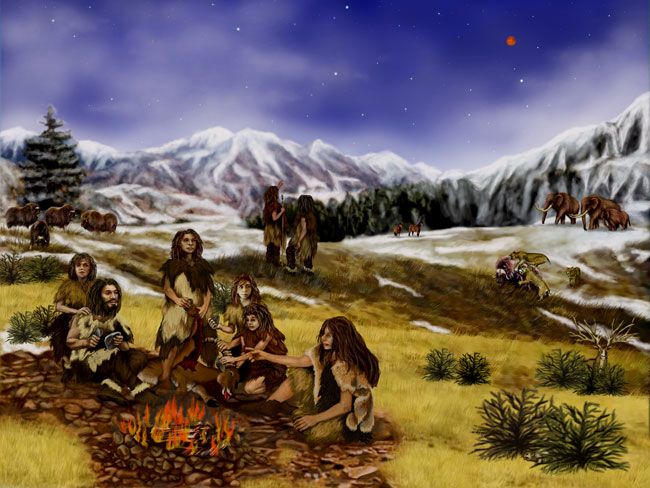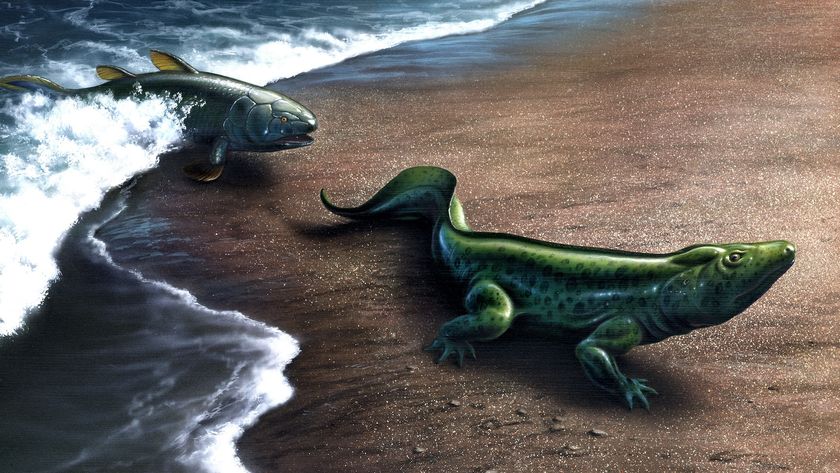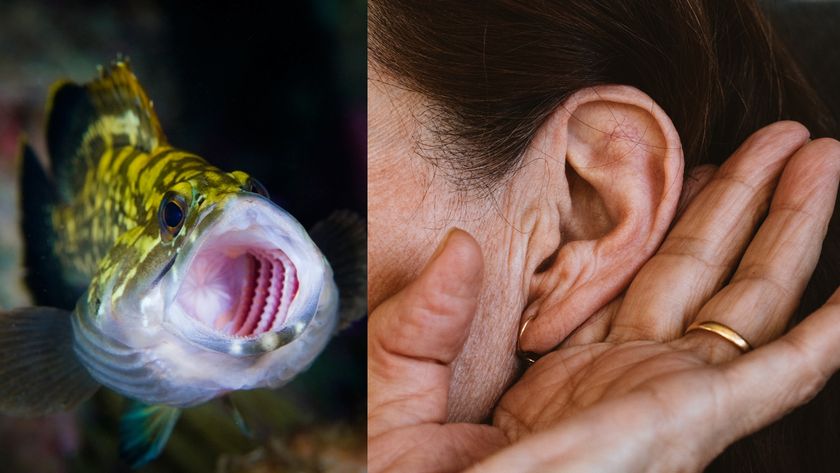Debate Erupts: Did Modern Humans Meet Neanderthals?

Neanderthals might have died off millennia earlier than before thought, suggesting they weren't around to mingle with modern humans, an international research team hints. But other scientists argue over these new findings.
This contentious work, based on the analysis of a Neanderthal infant, could add to evidence that exonerates us from the Neanderthals' extinction.
Neanderthals are our closest known extinct relatives, and many of us "modern humans" possess Neanderthal genes, revealing that our ancestors once interbred with them. They spread across Eurasia — Europe and Asia — before they all died off. It remains uncertain how long we interacted with Neanderthals because when and how they went extinct is still debated.
The scientists focused on Mezmaiskaya Cave, a key site in the northern Caucasus Mountains within European Russia. This region "is seen by many as a crossroads for the movement of modern humans into the wider Russian plains," said researcher Tom Higham at the University of Oxford in England. "The extinction of Neanderthals here is, therefore, an indicator we think, of when that first probably happened."
After the researchers analyzed the fossil of a late Neanderthal infant there, they found it was 39,700 years old. [Image of Neanderthal infant skeleton]
"For some years now we thought that the Mezmaiskaya Neanderthals survived until 30,000 years ago, but now we know that they actually became extinct by around 40,000 years ago, so there was no chance of modern humans who first arrived to the region 4,000 to 5,000 years later to meet them," researcher Ron Pinhasi, a paleoanthropologist and archaeologist at University College Cork in Ireland, told LiveScience. "This fits well with results of other teams from the southern Caucasus."
He added that their findings suggest past research on Neanderthal fossils in Europe may have underestimated their age due to contamination with later materials, giving the erroneous impression they survived much longer than they actually did. Based on this new data, "we are suggesting that Neanderthals may have went extinct in Europe by this date [40,000 years ago]," Pinhasi said. [Read: The Many Mysteries of Neanderthals]
Sign up for the Live Science daily newsletter now
Get the world’s most fascinating discoveries delivered straight to your inbox.
However, evolutionary biologist Clive Finlayson at the Gibraltar Museum and his colleagues recently found that clusters of Neanderthals might have lasted until as late as 24,000 years ago.
"All this paper shows is that Neanderthals lived somewhere in the Caucasus about 40,000 years ago," said Finlayson, who did not take part in this new study. "Doesn't mean they went extinct then."
"We have to be careful with some radiocarbon dates that, on revision, appear older, which we knew already," Finlayson told LiveScience. "But this doesn't mean all dates are bad."
In response, Pinhasi did note there may have been sites "in which Neanderthals survived perhaps even as late as 24,000 years ago." He added, "More systematic dating and careful selection of materials to date is necessary in order to obtain true ages of key events such as Neanderthal extinction."
"I think the re-dating of Mezmaiskaya is very interesting, but I'm not sure it says much about the last Neanderthals — we know we have late sites in Croatia and Spain, at least," saidpaleoanthropologist John Hawks at the University of Wisconsin at Madison, who did not participate in this study. "The possibility of a relatively short time of interaction makes sense from the point of view of genetics — otherwise, Europeans might have more Neanderthal genes today than they do."
The scientists detailed their findings online May 9 in the Proceedings of the National Academy of Sciences.
Follow LiveScience for the latest in science news and discoveries on Twitter @livescience and on Facebook.












